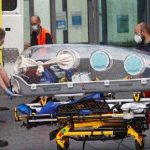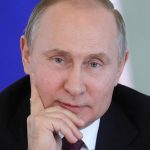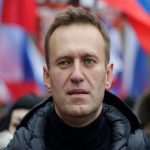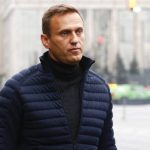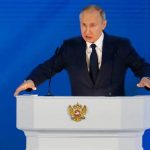Analysts say the poisoning of Russian opposition figure Alexei Navalny with the Novichok nerve agent has dealt a blow to French President Emmanuel Macron’s strategy of rapprochement with Russia, which troubled some EU allies.
France has throughout the crisis stood shoulder to shoulder with its close partner Germany, where Navalny is being treated after falling ill on a flight from Siberia and which has told Moscow only a full investigation can lift suspicions of a state-sponsored attack.
Analysts say Macron’s much-heralded outreach to Russian counterpart President Vladimir Putin had, despite some high-profile diplomacy so far failed to bring any concrete results.
Paris-Moscow dialogue is unlikely to be severed completely but the dispute has already claimed its first casualty in relations with the cancellation of a planned meeting in Paris next week between the countries’ foreign and defence ministers.
The crisis moved to a new level last week after Germany announced that Navalny had been poisoned with Novichok, the same nerve agent used to poison former agent Sergei Skripal in Britain in 2018, an attack the West blamed on Russian military intelligence.
Macron set out his Russia strategy in an explosive interview with in November 2019, when he declared NATO was brain dead and said Europe needed to have a strategic dialogue with Russia.
Macron gave Putin the rare honour of a high-profile summit at his Mediterranean summer residence, the Bregancon fortress, in August 2019.
He hosted him again in Paris in December for the Kremlin chief’s first peace talks with Ukrainian President Volodymyr Zelensky.
But even top French officials have admitted the president has little to show for his efforts.





